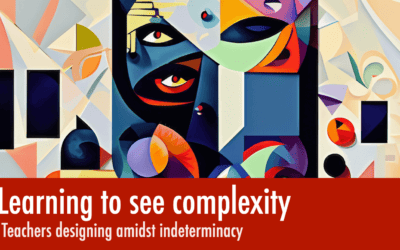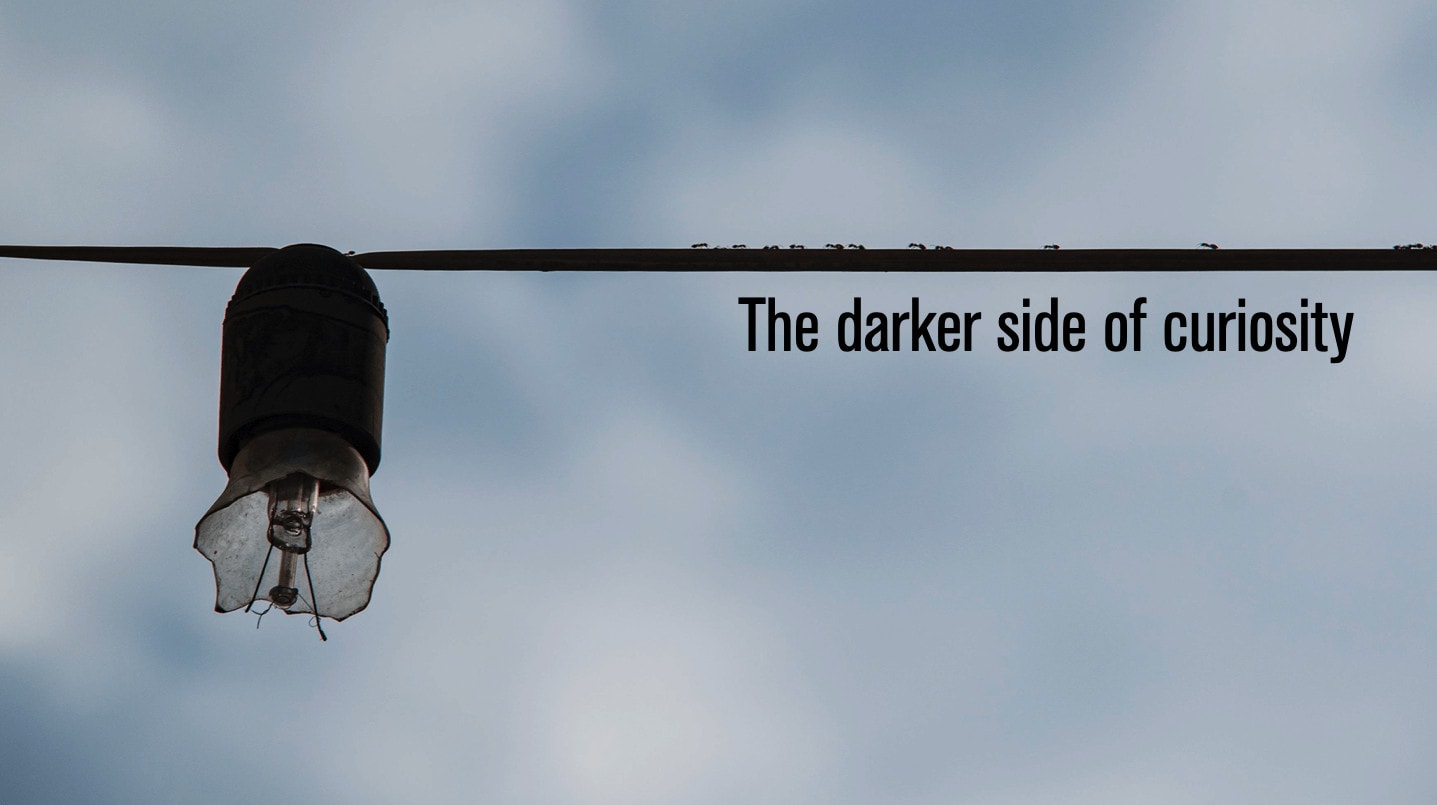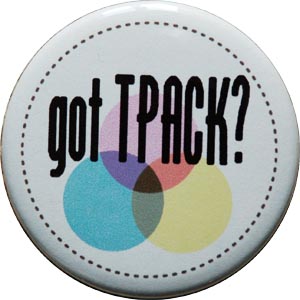I just found out about IPT287: Instructional Technology for ElEd and ECE a course taught at Brigham Young by Charles Graham (an active TPACK researcher and the adviser of Suzy Cox about whose dissertation I had written about here). Of particular interest to me was a TPACK tutorial that he has developed (building on Suzy’s dissertation work). I found this tutorial to be one of the clearest descriptions of TPACK I have come across. As the introduction to the tutorial says
The TPACK framework is a way of thinking about how you integrate technology into your teaching. It stands for Technological Pedagogical And Content Knowledge. This brief tutorial will introduce you to the components of TPACK. You will be using the TPACK framework throughout the semester as you analyze and design your projects. Figure 1 shows the TPACK framework and the seven different kinds of knowledge represented in the framework. Once you have completed the tutorial you should understand what each of the different kinds of knowledge represented in the model are and be able to distinguish them from each other.
I think that other instructors who intend to use TPACK in their work will find the “tests of understanding” and “application of knowledge” scenarios that Charles has designed quite interesting and useful.
You can access the course materials here and the tutorial here.




0 Comments